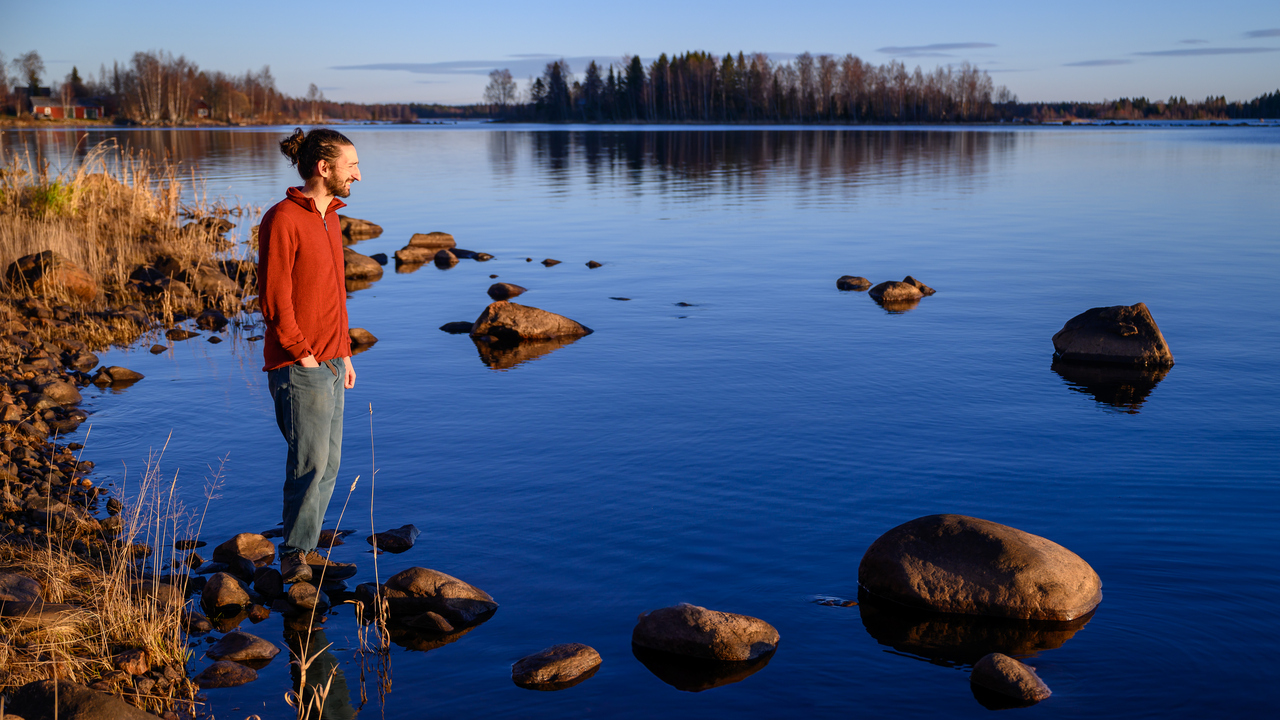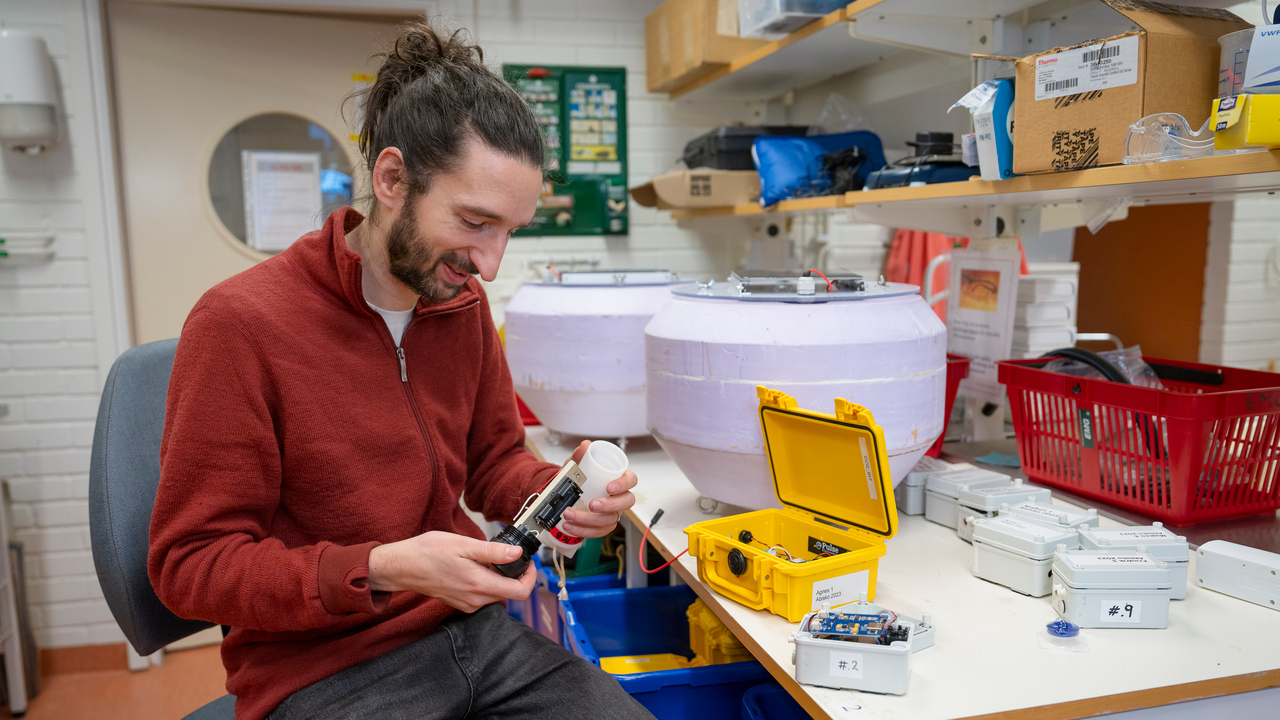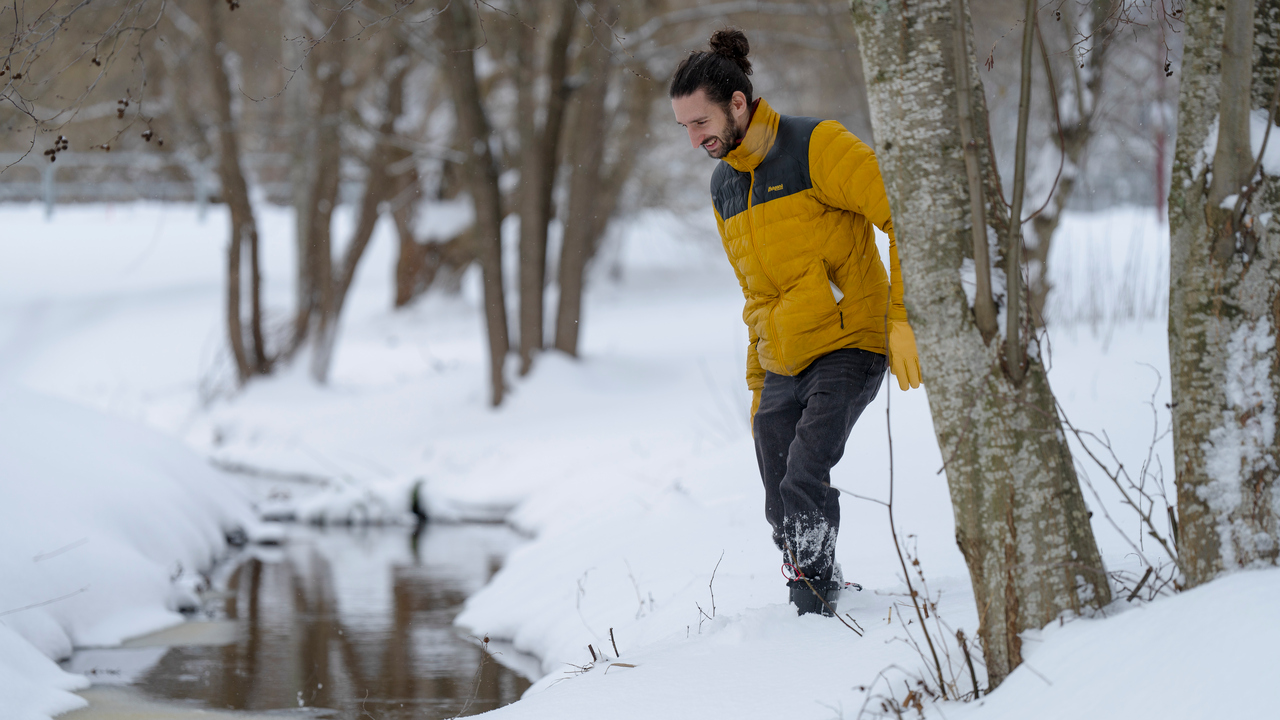
Researching the water bodies' emissions of greenhouse gases
PROFILE Gerard Rocher-Ros at the Department of Ecology and Environmental Sciences wants to understand how our planet is interconnected across the boundaries between land, water, and the atmosphere – to find solutions to climate change. Therefore, he researches how carbon and nutrients move from land into our rivers and on to the oceans. “Along the way, greenhouse gases are released into the atmosphere. This dynamic journey fascinates me,” he says.





